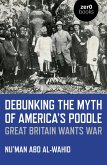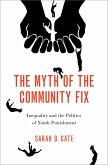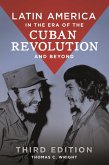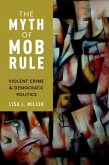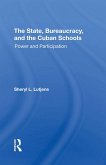The book begins with an overview of Cuba's economic trajectory since the 1959 revolution, charting the shifts in its economic paradigms, alliances, and the ensuing outcomes. Valdez meticulously dissects the real impact of the U.S. embargo, demystifying exaggerated claims and placing it within the broader context of global trade dynamics.
However, the crux of the narrative lies in its deep dive into the internal economic policies of the Cuban government. The book highlights:
Centralized Planning Failures: An analysis of the inefficiencies and contradictions inherent in the nation's centralized economic structure.
Agricultural Stagnation: An exploration of Cuba's declining agricultural sector, including the sugar industry's collapse and its consequences.
Misaligned Incentives: A study of the Cuban dual currency system and its ramifications on productivity and income disparity.
Lack of Economic Diversification: The nation's over-reliance on tourism and few other key sectors, making it vulnerable to external shocks.
Restrictions on Private Enterprise: The challenges faced by Cuban entrepreneurs due to stifling regulations and limited access to resources.
The book concludes with a forward-looking perspective, considering potential paths for Cuba's economic rejuvenation and the role of international partnerships in shaping its future.
"Cuban Economic Misery: Debunking the Blockage Myth" stands as a seminal work in understanding Cuba beyond polemics and propaganda. It is a must-read for scholars, policymakers, and anyone eager to grasp the complex tapestry of Cuban economics and its place in the Caribbean narrative.
Dieser Download kann aus rechtlichen Gründen nur mit Rechnungsadresse in A, B, CY, CZ, D, DK, EW, E, FIN, F, GR, H, IRL, I, LT, L, LR, M, NL, PL, P, R, S, SLO, SK ausgeliefert werden.



